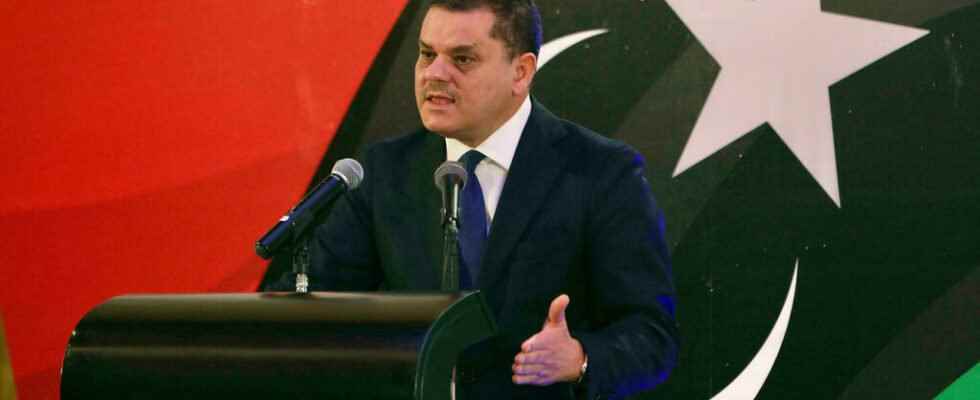The Libyan parliament, meeting Monday, January 31, in Tobruk, in the east of the country, announced the opening of candidacies for the post of Prime Minister, to replace Abdelhamid Dbeibah at the head of the interim government.
Dbeibah’s mandate theoretically ended on December 25 and Parliament had already specified the conditions for applying for the post of Prime Minister. It is above all a question of signing a commitment not to run for the next presidential election. This move divides MPs and is likely to exacerbate power struggles.
Successful candidates will be interviewed on February 7. A new Prime Minister will then be appointed quickly.
According to our information, eight candidates have already submitted their applications to the President of Parliament. Among them are officials from western Libya and, at their head, the former interior minister, Fathi Bachagha.
The Libyan parliament, basing itself on the texts of the political agreement signed in Geneva at the end of 2020, considers that the mandate of the current executive had expired with the postponement of the elections.
Abdelhamid Dbeibah is criticized for wanting to stay in power as long as possible. He repeats, indeed, that he will cede power only to a government that emerges from the ballot box. On Monday January 31, in response to Parliament’s announcement, he replied that ” the government will continue to exercise its functions until the elections “. He recalled that the international community is reluctant to such a change.
Read also: Libya: alliances are created to bring down the Dbeibah government
The spokesman for parliament said, for his part, that ” some ambassadors as well as the adviser to the UN Secretary General for Libya were called to ” not to interfere in Libyan affairs “.
